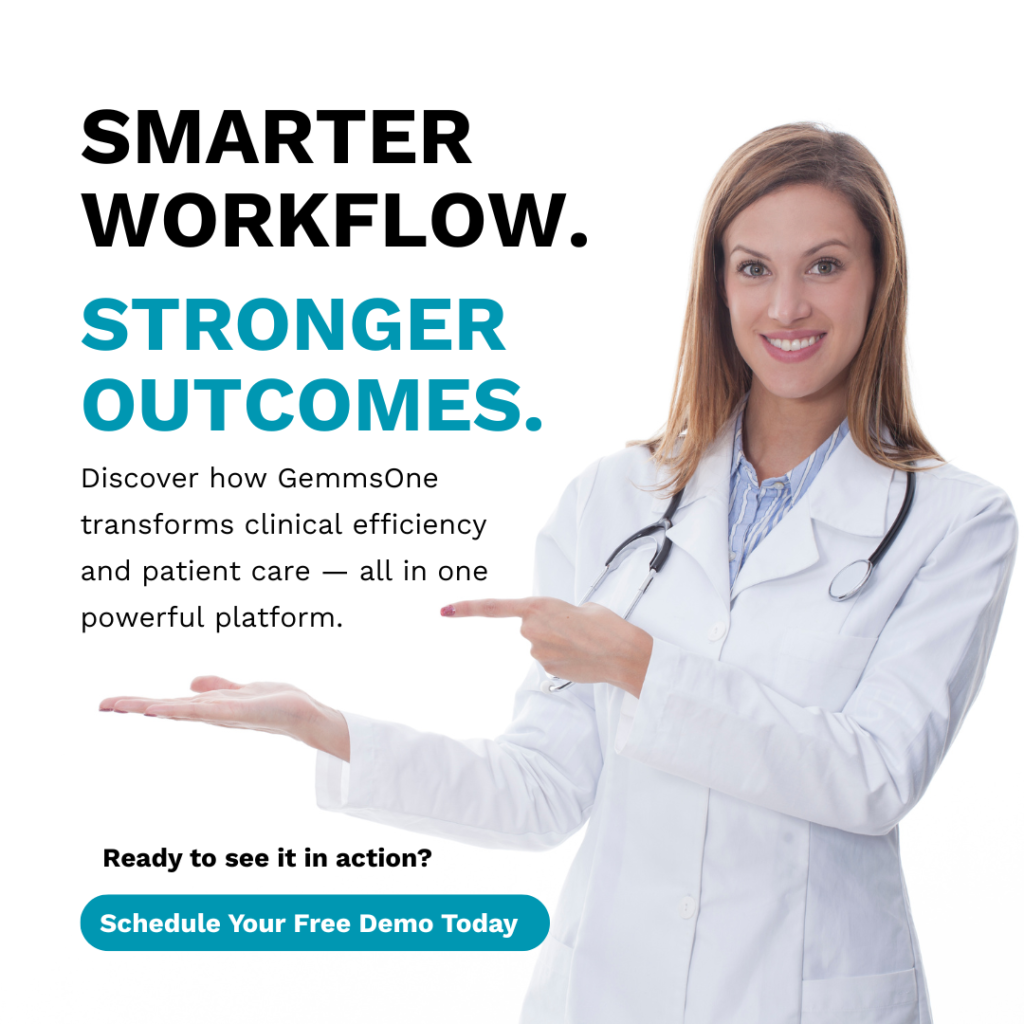Managing chronic cardiovascular conditions presents unique challenges and opportunities.
As the prevalence of heart disease, hypertension, and heart failure continues to rise, cardiology practices must adopt innovative solutions to provide effective, coordinated care.
Electronic Health Records (EHR) systems play a pivotal role in this transformation, offering tools that streamline workflows, enhance patient engagement, and ensure compliance with complex billing requirements.
Below, we’ll explore the top EHR features essential for cardiovascular chronic care management, highlighting how these technologies translate complex cardiac care into manageable, compliant processes that improve patient outcomes and drive practice success.
The Growing Need for Chronic Care Management in Cardiology
In recent years, the demand for chronic care management (CCM) in cardiology has surged. Rising rates of chronic heart disease, hypertension, and heart failure are significant contributors to this trend.
As populations age, the prevalence of multiple comorbidities increases, necessitating more comprehensive and coordinated care.
Value-based care initiatives and CCM reimbursement programs further highlight the importance of managing chronic conditions effectively.
These programs incentivize practices to focus on preventive care and reduce hospital readmissions. To achieve these goals, cardiology practices require a robust system that facilitates coordinated, longitudinal care.
This is where GEMMS ONE EHR stands out as an ideal solution.
Key EHR Features That Support Cardiovascular CCM
Risk Factor Tracking & Longitudinal Data Views
- Managing cardiovascular conditions effectively requires meticulous tracking of key risk factors such as cholesterol, blood pressure, A1C, and BMI over time.
- Advanced EHR systems provide timeline views for cardiac events, medications, and lab results, enabling clinicians to monitor these parameters comprehensively.
- This functionality allows healthcare providers to make informed decisions based on a complete and accurate view of a patient’s medical history, enhancing patient care and outcomes.
Integrated Care Plans & Goal Setting
- Chronic care management requires personalization.
- Customizable care plans are essential for conditions like heart failure and hypertension. Modern EHR solutions offer tools to create tailored care plans, allowing healthcare providers to set and track goals such as weight loss, medication adherence, and rehabilitation follow-ups.
- This integrated approach ensures that patients receive personalized care that addresses their specific health needs, promoting better management of chronic conditions.
CCM Documentation & Billing Support
- Accurate documentation and billing are crucial components of chronic care management.
- EHR systems often include built-in templates and time-tracking tools that simplify the process of CCM billing.
- These systems enable easy integration of coding for relevant CPT codes, ensuring compliance and optimizing practice revenue by streamlining the billing process.
Remote Monitoring & Patient Engagement Tools
- Remote monitoring capabilities are increasingly important in chronic care management.
- EHR platforms now capture data from devices such as blood pressure cuffs and heart monitors, facilitating continuous patient monitoring.
- Secure patient messaging, reminders, and educational resources enhance patient engagement, empowering individuals to take an active role in managing their health, ultimately leading to improved outcomes.
Lab & Imaging Integration
- Access to diagnostic test results is vital for effective cardiovascular care.
- Integrating lab and imaging results within EHR systems ensures seamless access to critical information, with alerts for critical values or overdue screenings.
- This integration helps clinicians make timely and informed decisions, improving the quality of care provided.
Interoperability with Other Providers
- Coordinated care often involves collaboration among multiple healthcare providers.
- EHR systems that support interoperability enable the sharing of care plans with primary care physicians, endocrinologists, nephrologists, and other specialists.
- Utilizing standards like HL7 FHIR facilitates multispecialty care coordination, ultimately enhancing patient outcomes through comprehensive and coordinated care.
Reporting for Quality Programs
- Quality reporting is a critical component of modern healthcare management.
- Advanced EHR systems offer features that support MIPS, ACO, and population health dashboards, automating registry reporting and QPP submissions.
- These capabilities help practices meet regulatory requirements while maintaining a focus on delivering high-quality care to patients.
Cardiology EHR Capability Scorecard
Rate each feature 1–5 (1 = poor / 5 = excellent). The total score helps you evaluate whether your EHR meets cardiology CCM needs.
How GEMMS ONE Elevates Chronic Care Management
GEMMS ONE EHR is meticulously designed by cardiologists, specifically for cardiology practices.
This specialized focus ensures that the platform addresses the unique challenges faced in cardiovascular care management.
By offering streamlined workflows, GEMMS ONE caters to both high-acuity cases and routine chronic care management (CCM), enabling practices to deliver efficient and effective care.
Specialty-Specific Alerts and Templates
GEMMS ONE includes an array of specialty-specific alerts and templates that enhance clinical efficiency. These alerts notify clinicians of critical patient information, such as abnormal lab results or missed medication doses.
The customizable templates are tailored to cardiovascular conditions, facilitating accurate documentation and ensuring that all relevant data is captured during patient encounters.
Diagnostic Integrations
Integration with diagnostic tools is a key feature of GEMMS ONE. The platform seamlessly incorporates data from various diagnostic sources, such as imaging and lab results, directly into the patient’s record.
This integration allows for real-time access to critical information, supporting timely and informed clinical decisions.
CMS Billing Compliance Support
Navigating the complexities of CMS billing is a significant concern for healthcare practices. GEMMS ONE provides dedicated support for CMS billing compliance, offering built-in tools that simplify the billing process.
These tools include automated coding suggestions and time-tracking features for accurate billing of CCM services, such as CPT codes 99490 and 99439.
This ensures that practices remain compliant with regulations while optimizing revenue streams.
Enhanced Clinical Efficiency
By focusing on the specific needs of cardiology practices, GEMMS ONE enhances overall clinical efficiency.
The platform reduces administrative burdens, allowing healthcare providers to focus more on patient care. With intuitive interfaces and streamlined processes, GEMMS ONE minimizes the time spent on data entry and maximizes the time available for direct patient interaction.
GEMMS ONE EHR elevates chronic care management by providing cardiology practices with tools and features that streamline workflows, improve clinical decision-making, and ensure compliance with regulatory requirements.
This comprehensive approach enhances both patient outcomes and practice efficiency.
GEMMS ONE: Technology that Empowers Cardiovascular Chronic Care Management
Chronic care management is inherently complex, but your EHR system should simplify, not complicate, your workflow. GEMMS ONE empowers cardiology practices to deliver consistent, quality care. By translating complex cardiac care into manageable, compliant workflows, GEMMS ONE improves patient outcomes and practice revenue.
how we can support and improve your CCM workflow.


